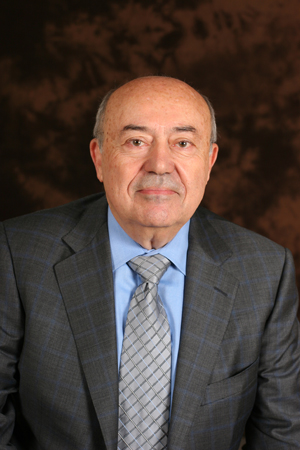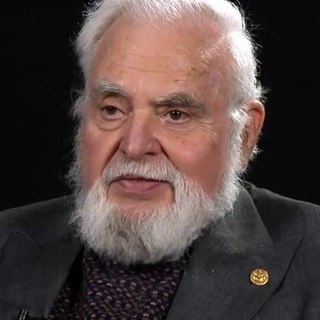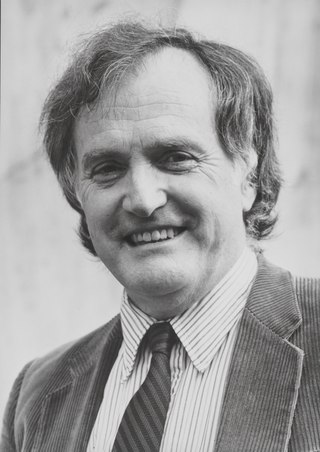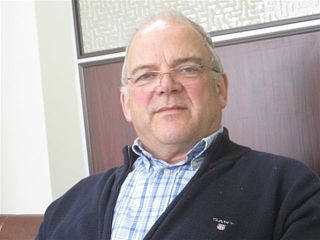In telecommunication, a convolutional code is a type of error-correcting code that generates parity symbols via the sliding application of a boolean polynomial function to a data stream. The sliding application represents the 'convolution' of the encoder over the data, which gives rise to the term 'convolutional coding'. The sliding nature of the convolutional codes facilitates trellis decoding using a time-invariant trellis. Time invariant trellis decoding allows convolutional codes to be maximum-likelihood soft-decision decoded with reasonable complexity.

Coding theory is the study of the properties of codes and their respective fitness for specific applications. Codes are used for data compression, cryptography, error detection and correction, data transmission and data storage. Codes are studied by various scientific disciplines—such as information theory, electrical engineering, mathematics, linguistics, and computer science—for the purpose of designing efficient and reliable data transmission methods. This typically involves the removal of redundancy and the correction or detection of errors in the transmitted data.

Andrew James Viterbi is an Italian Jewish–American electrical engineer and businessman who co-founded Qualcomm Inc. and invented the Viterbi algorithm. He is the Presidential Chair Professor of Electrical Engineering at the University of Southern California's Viterbi School of Engineering, which was named in his honor in 2004 in recognition of his $52 million gift.
In computer data storage, partial-response maximum-likelihood (PRML) is a method for recovering the digital data from the weak analog read-back signal picked up by the head of a magnetic disk drive or tape drive. PRML was introduced to recover data more reliably or at a greater areal-density than earlier simpler schemes such as peak-detection. These advances are important because most of the digital data in the world is stored using magnetic storage on hard disk or tape drives.
In information theory, turbo codes are a class of high-performance forward error correction (FEC) codes developed around 1990–91, but first published in 1993. They were the first practical codes to closely approach the maximum channel capacity or Shannon limit, a theoretical maximum for the code rate at which reliable communication is still possible given a specific noise level. Turbo codes are used in 3G/4G mobile communications and in satellite communications as well as other applications where designers seek to achieve reliable information transfer over bandwidth- or latency-constrained communication links in the presence of data-corrupting noise. Turbo codes compete with low-density parity-check (LDPC) codes, which provide similar performance.

Solomon Wolf Golomb was an American mathematician, engineer, and professor of electrical engineering at the University of Southern California, best known for his works on mathematical games. Most notably, he invented Cheskers in 1948. He also fully described polyominoes in 1953. He specialized in problems of combinatorial analysis, number theory, coding theory, and communications. Pentomino boardgames, based on his work, would go on to inspire Tetris.
George David Forney Jr. is an American electrical engineer who made contributions in telecommunication system theory, specifically in coding theory and information theory.
In computing, telecommunication, information theory, and coding theory, forward error correction (FEC) or channel coding is a technique used for controlling errors in data transmission over unreliable or noisy communication channels.
Multiuser detection deals with demodulation of the mutually interfering digital streams of information that occur in areas such as wireless communications, high-speed data transmission, DSL, satellite communication, digital television, and magnetic recording. It is also being currently investigated for demodulation in low-power inter-chip and intra-chip communication. Multiuser detection encompasses both receiver technologies devoted to joint detection of all the interfering signals or to single-user receivers which are interested in recovering only one user but are robustified against multiuser interference and not just background noise.

James Lee Massey was an American information theorist and cryptographer, Professor Emeritus of Digital Technology at ETH Zurich. His notable work includes the application of the Berlekamp–Massey algorithm to linear codes, the design of the block ciphers IDEA and SAFER, and the Massey-Omura cryptosystem.
Joachim Hagenauer is an information theorist and professor emeritus at Technical University of Munich. He pioneered the use of soft bits, a coding theory technique that contributes to the high performance of the turbo codes.
In coding theory, concatenated codes form a class of error-correcting codes that are derived by combining an inner code and an outer code. They were conceived in 1966 by Dave Forney as a solution to the problem of finding a code that has both exponentially decreasing error probability with increasing block length and polynomial-time decoding complexity. Concatenated codes became widely used in space communications in the 1970s.
In digital communications, a turbo equalizer is a type of receiver used to receive a message corrupted by a communication channel with intersymbol interference (ISI). It approaches the performance of a maximum a posteriori (MAP) receiver via iterative message passing between a soft-in soft-out (SISO) equalizer and a SISO decoder. It is related to turbo codes in that a turbo equalizer may be considered a type of iterative decoder if the channel is viewed as a non-redundant convolutional code. The turbo equalizer is different from classic a turbo-like code, however, in that the 'channel code' adds no redundancy and therefore can only be used to remove non-gaussian noise.

Adrianus Johannes "Han" Vinck is a Dutch computer scientist. He serves as senior professor in Digital Communications at the University of Duisburg-Essen, Germany, since September 2014. He is a member of the digital signal processing group at the electrical engineering Department. His interest is in Information and Communication theory, Coding and Network aspects in digital communications. He is the author of the textbook Coding Concepts and Reed-Solomon Codes.
Shahid Ul Haq Qureshi was a Pakistani electrical engineer, known for his contributions to modem technology.
Ephraim Zehavi was an Israeli engineer received B.Sc. and M.Sc. degrees in Electrical Engineering from the Israel Institute of Technology (Technion), in Haifa, Israel, in 1977 and 1981, respectively, and a Ph.D. degree in Electrical Engineering from the University of Massachusetts, Amherst in 1986.

James Julius Spilker Jr. was an American engineer and a consulting professor in the aeronautics and astronautics department at Stanford University. He was one of the principal architects of the Global Positioning System (GPS). He was the co-founder of the space communications company Stanford Telecommunications, and later was the executive chairman of AOSense Inc., Sunnyvale, CA.
Gerhard Paul Fettweis is a German electrical engineer and university professor for telecommunications engineering.

Salman A. Avestimehr is a Dean's professor at the Electrical & Computer Engineering and Computer Science Departments of University of Southern California, where he is the inaugural director of the USC-Amazon Center for Secure and Trusted Machine Learning and the director of the Information Theory and Machine Learning (vITAL) research lab. He is also the CEO and Co-Founder of FedML. Avestimehr's contributions in research and publications are in the areas of information theory, machine learning, large-scale distributed computing, and secure/private computing and learning. In particular, he is best known for deterministic approximation approaches to network information theory and coded computing. He was a general co-chair of the 2020 International Symposium on Information Theory (ISIT), and is a Fellow of IEEE. He is also co-authors of four books titled “An Approximation Approach to Network Information Theory”, “Multihop Wireless Networks: A Unified Approach to Relaying and Interference Management”, “Coded Computing”, and “Problem Solving Strategies for Elementary-School Math.”
Subbarayan Pasupathy was a Canadian electrical engineer and a professor emeritus of Electrical and Computer Engineering at University of Toronto. He also served as the Chairman of the Communications Group and as the Associate Chairman of the Department of Electrical Engineering, University of Toronto.






